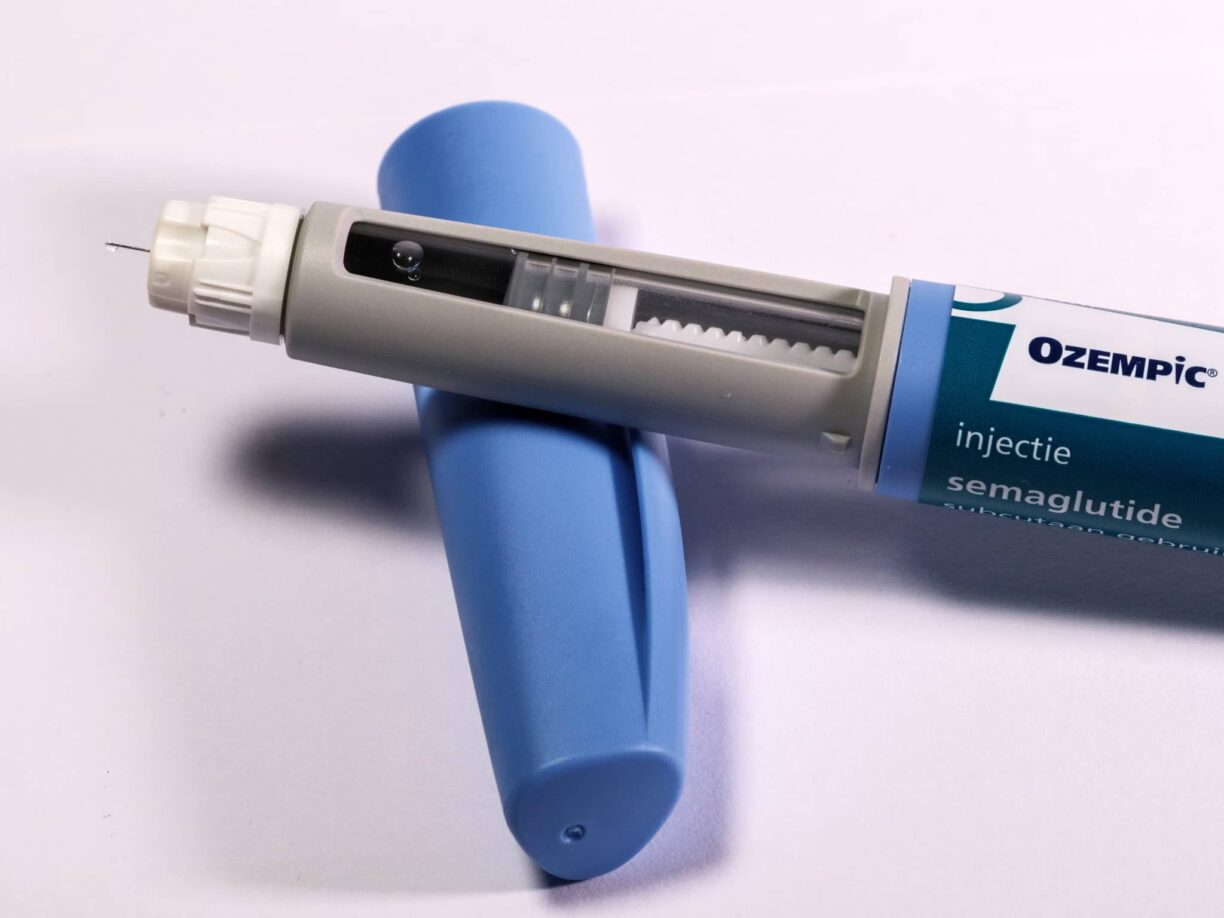As any Brit can attest, our weather can be a tad moody, but those rare glimpses of sunlight during the cooler months are more than just a mood lifter; they’re key to better health.
As winter approaches and the days shorten and darken, how can we make sure we’re getting enough sunlight to keep our immune systems hearty?
Vitamin D, endearingly known as the “sunshine vitamin,” is fundamental to our health. It’s key for strengthening bones, muscles, and teeth, boosting our immune defences, soothing inflammation, and it might even help slow the spread of cancer cells.
While foods like oily fish and fortified cereals do give us a boost of Vitamin D, there’s really nothing like soaking up some natural sunlight to get the full benefits.
Dr. Natasha Fernando, Medical Director at home blood testing service Medichecks, stresses the importance of this nutrient. “Maintaining adequate Vitamin D levels isn’t just good for you—it’s essential for strong immunity and bone health,” she explains.
Given the UK’s frequently overcast skies, how can you know if you’re getting enough sunlight? Dr. Fernando has a nifty trick: “Just look at your shadow. On days when your shadow is shorter than you are, even if it’s cloudy, you’re likely absorbing enough sunlight to produce Vitamin D. If your shadow stretches out longer than you, or if it’s too faint to see, you might need more sunshine.”
Dr. Fernando suggests a quick daily outing. “Try to get outside between 11 a.m. and 3 p.m., when the sun’s at its strongest.
About 10 minutes should do the trick, but don’t forget the sunscreen if you’re out longer to avoid sunburn.”
And if the sun just isn’t showing up? Dr. Fernando recommends boosting your diet with Vitamin D-rich foods like fatty fish, mushrooms, or fortified products.
Vitamin D deficiency can be sneaky, often not showing itself until it’s caused serious problems like brittle bones or ongoing tiredness.
Since the NHS doesn’t routinely test for Vitamin D levels, you might not even know you’re lacking. Symptoms to watch for include fatigue, muscle weakness, depression, hair loss, and frequent sickness.
Those particularly at risk include older adults, those with darker skin, and anyone who spends a lot of time indoors.
If you’re unsure about your Vitamin D levels, an easy at-home test from Medichecks can clear up any doubts, letting you take action if necessary.
With the unpredictable British weather, it’s easy to miss out on essential sunlight. By keeping an eye on your shadow, you can ensure your body isn’t left in the dark when it comes to immune health this winter.
And if you’re still unsure whether you’re getting enough Vitamin D, a simple at-home test from Medichecks can help give you peace of mind. Knowing your levels allows you to make informed decisions and take action if needed.





